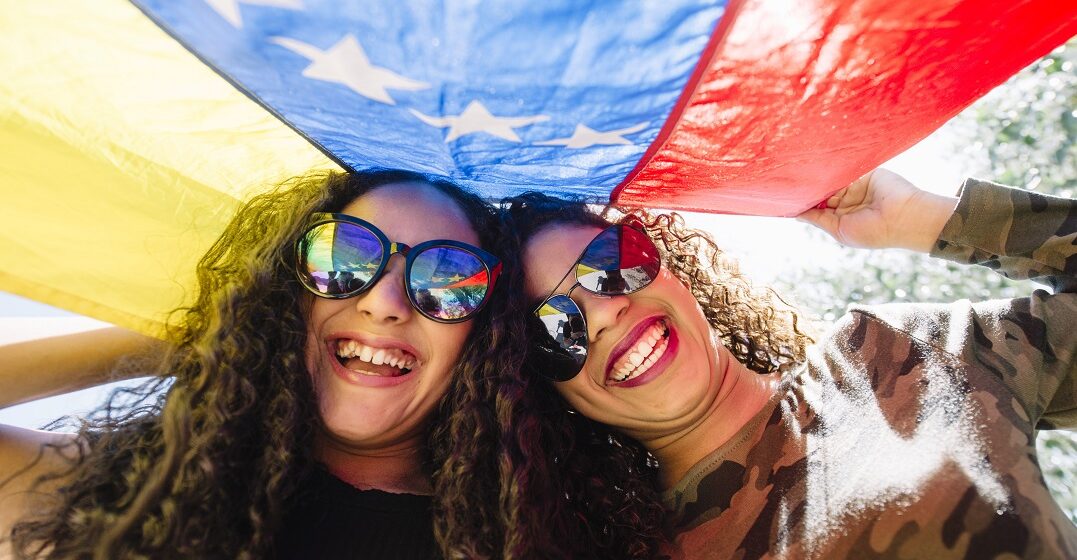What languages are spoken in Venezuela?
Published on November 15, 2022 / Updated on January 3, 2024
If you visit Venezuela, what language should you brush up on? Venezuela’s official language is Spanish. It’s spoken by the majority of Venezuelans. If you’re looking to learn Spanish, you should open your ears to Venezuelan Spanish. With its charming Caribbean flare, we’re sure it’ll capture your heart.
However, this beautiful country is also home to multiple other languages. This should not come as a surprise, as the total population of Venezuela is estimated to be 33 million people. With language diversity and plenty to see, Venezuela has a lot to teach us.
To talk about the different languages spoken in Venezuela, let’s start with the most essential facts about this country. Here’s a little cheat sheet to help out:
Spanish is the main language spoken in Venezuela. It is recognized as their official language in the constitution. It’s also the native language of around 95% of the population. If you want to visit one day, we highly recommend learning at least some basic Spanish to get around easily.
Remember that all Spanish-speaking countries have their own variant of the language. This is why you will often hear about Mexican, Colombian or Uruguayan Spanish as distinct variations. Both the accent and the vocabulary may differ, even between countries that share borders. That said, all Spanish speakers are able to understand each other for the most part.
In Venezuela’s case, their Spanish is highly influenced by the Caribbean and Central America. For example, Venezuelans tend to pronounce the letter “s” like an aspirated “h”.
Like most of South America, Venezuela was colonized by the Spanish empire under the Spanish royal family. This process started at the end of the 15th century when Christopher Columbus embarked on his third voyage to the “New World”. It is because of colonial influence that Spanish became Venezuela’s main language.
Venezuela officially gained independence in July of 1811 thanks to the efforts of a group of revolutionaries. This group was led partly by Venezuela-born Simón Bolívar. Sounds familiar? His name is in the official name of the country (Bolivarian Republic of Venezuela).
Aside from Spanish, other languages spoken in Venezuela include over 30 indigenous languages. They are also recognized as official languages in the constitution. Wayuu is the most spoken of the group with 17,000 speakers.
When it comes to immigrant communities, the most commonly spoken foreign languages in the country are:
English is the foreign language most often learned. It’s largely spoken by professionals and those working in tourism.
Like other Spanish speakers, Venezuelans have their own slang. Slang is highly influenced by region, but we can share some of the most useful and general slang words.
| Slang word | English translation |
| Ladilla (noun) | An annoying person |
| Chamo/a (noun) | Dude (can also be made female) |
| Chévere (adj.) | Cool |
| Chimbo/a (adj.) | Lame or lousy |
| Arrecho/a (adj.) | Angry or extremely, extremely cool |
| Vaina (noun) | A thing/stuff |
It would be handy if you studied some Spanish gender rules before learning these slang words.
Spanish is one of the most spoken languages on the entire planet. Venezuela’s variation of the Spanish language adds another beautiful variety to those used around the world. Isn’t it incredible to think about the diversity of the Spanish-speaking world? With some basic Spanish, you can trek to Angel Falls, make friends with Venezuelans, and learn about the indigenous communities that came together to gain independence from Spain all those years ago.
